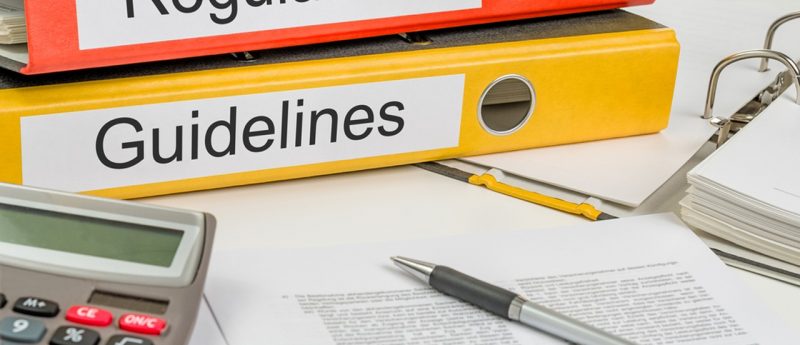Industry Update: Regulations, approvals, acquisitions

Regulations, approvals, acquisitions compiled from 1—31 July 2015
Latest developments in the field of stem cell research and regenerative
medicine compiled from publicly available information and press releases
from non-academic institutions 1—31 July 2015, scheduled to be
published in Volume 10 Issue 8 of Regenerative Medicine.
Green light
Adaptimmune
Adaptimmune (PA, USA; www.adaptimmune.com) has received clearance from the US FDA Investigational New Drug (IND) application for the initiation of Phase 1/2 clinical trial designed to evaluate its wholly owned melanoma antigen family A10 (MAGE-A10) T-cell receptor (TCR) therapeutic candidate in locally advanced or metastatic non-small cell lung cancer (NSCLC). MAGE-A10 is a member of the MAGE-A family of cancer/testis tumor-associated antigens. It is expressed in approximately 30% of lung squamous cell carcinoma, bladder and skin melanomas, and at a lower incidence in many other cancers. Adaptimmune’s proprietary technology enables the Company to routinely generate TCRs, which address intracellular targets, such as MAGE-A10, that are not accessible to certain other experimental modalities. This will be an open label dose escalating study of three doses of genetically engineered MAGEA10 T-cells in HLAA*0201 and HLA-A*02:06 patients with advanced (stage IIIB or stage IV) NSCLC whose tumors express this antigen. The study will assess the safety and tolerability of MAGE-A10 T in these patients. Secondary objectives will include the assessment of efficacy of MAGE-A10 T, measurements of durability of persistence of MAGE-A10 T-cells in the blood, and evaluations of the phenotype and functionality of MAGE-A10 T-cells.
Juno
US FDA has accepted IND application from Juno Therapeutics (WA, USA; https://junotherapeutics.com) for its drug JCAR015, which is an immunotherapy for relapsed/refractory acute lymphoblastic leukemia. JCAR015 is an autologous chimeric antigen receptor (CAR) T cell immunotherapy targeting CD19, a protein expressed on the surface of most B cell leukemias and lymphomas. The drug works by taking the patient’s own cells out, essentially training them to fight the cancer cells, then infusing them back into the patient’s body. Early tests showed a 91% remission rate in patients with leukemia and lymphoma. The primary objective of this trial is to evaluate the efficacy of JCAR015 as measured by overall remission rate in subjects with morphologic evidence of disease (5% or more leukemic blasts in the bone marrow). The trial will also evaluate the safety and tolerability of the therapy. The study will open at 14 clinical sites in the U.S. and enroll approximately 90 subjects in order to achieve 50 subjects with morphologic disease following salvage chemotherapy.
Pending
Fibrocell and Intrexon
Fibrocell Science (PA, USA; www.fibrocellscience.com) and Intrexon Corporation (MD, USA; www.dna.com) submitted an Investigational New Drug (IND) application with the US FDA for FCX- 007, Fibrocell’s lead orphan gene-therapy drug candidate for the treatment of recessive dystrophic epidermolysis bullosa (RDEB). FCX-007 is Fibrocell’s novel gene-therapy drug candidate for the treatment of RDEB, a congenital and progressive orphan skin disease caused by the deficiency of the protein type VII collagen (COL7). FCX-007 is a genetically modified autologous fibroblast that encodes COL7 and is being developed in collaboration with Intrexon. By genetically modifying autologous fibroblasts, ex vivo, to produce COL7, culturing them and then treating blisters and wounds locally via injection, FCX-007 offers the potential to address the underlying cause of the disease by providing high levels of COL7 directly to the affected areas, avoiding systemic treatment.